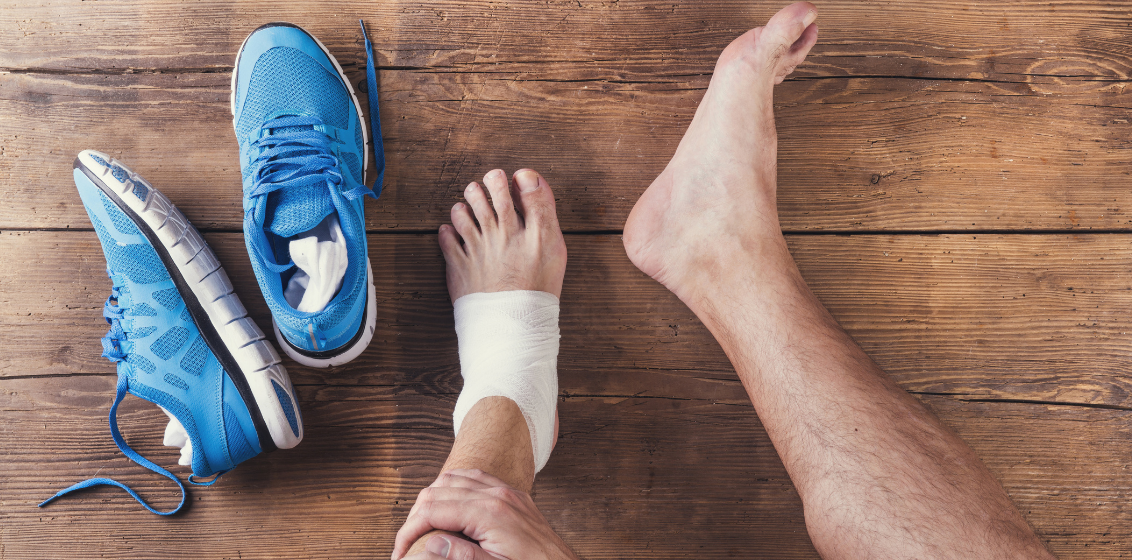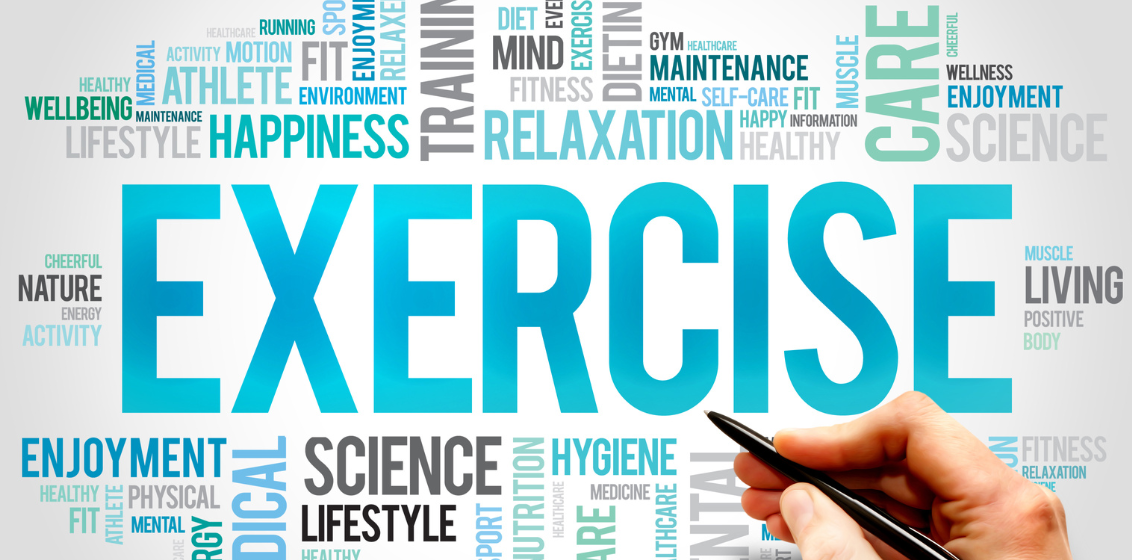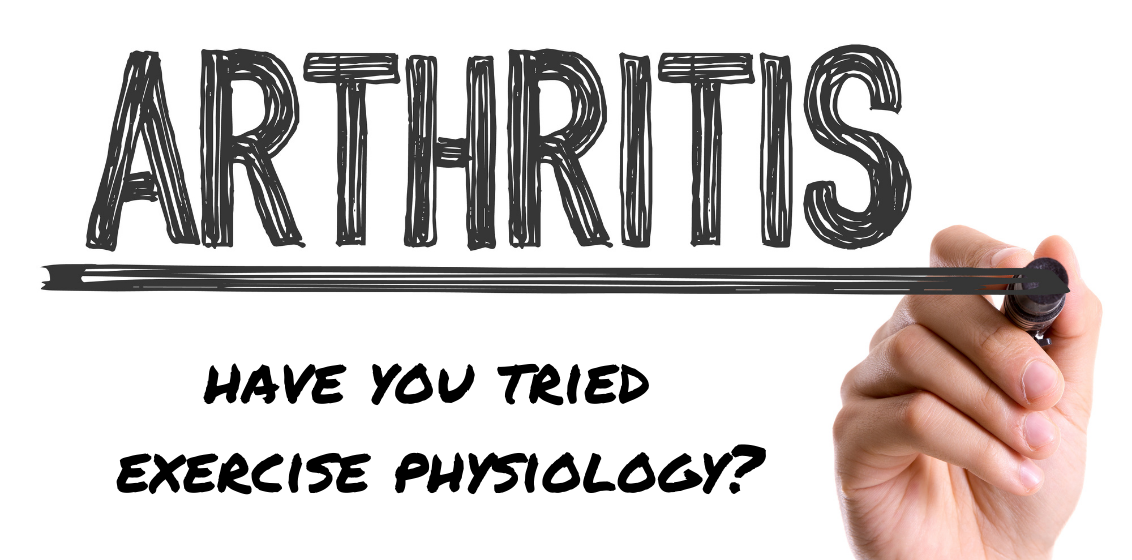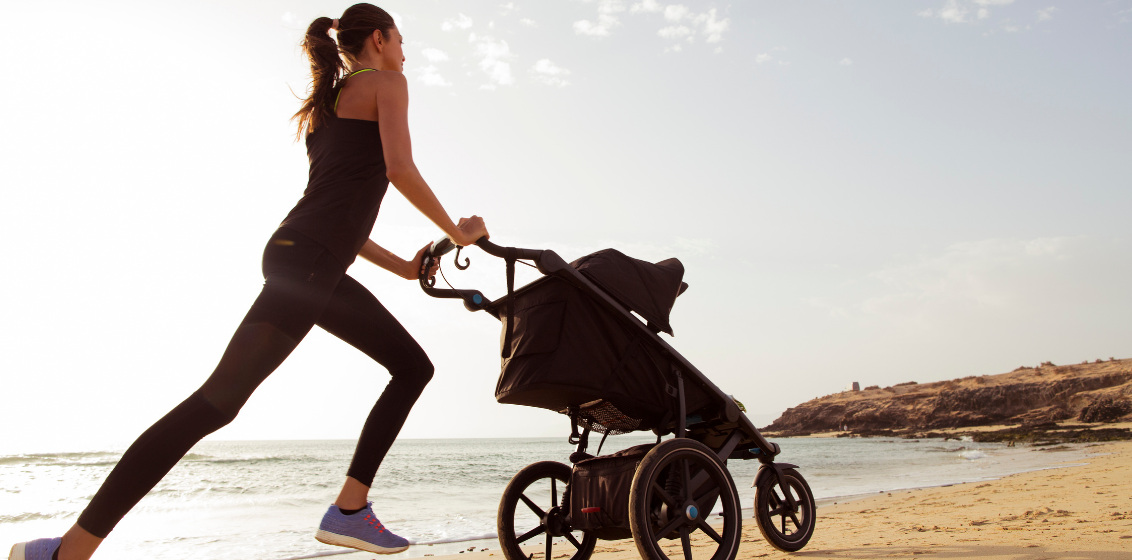Injury: a Coach’s View with Susan McPherson*

Injuries are a frustrating and demoralising reality for many endurance athletes. The demand on the body from the repetition and forces involved with endurance training means it’s likely that at some point you could get injured.
Although it’s natural to feel the disappointment of injury, wallowing in self pity and mourning the loss of your hard-earned fitness is like kicking yourself in the guts when you’re down. So, what can you do?
There is plenty you can do to keep positive and stay on track during this time. Adopting the mindset of focusing on what it is you CAN do rather than what you CAN’T do can strengthen your resolve and resilience and make you less likely to sabotage your fitness gains at a time when they will already be under threat.
Keep moving
Depending on where your injury is located there will usually be options to continue exercising which don’t use or place stress on the injured region. If the injury is affecting your lower body there is likely upper body work you can do and vice versa. Other cardio options such as swimming , the bike or the cross trainer may be alternatives. If you are unsure which options are appropriate for your injury seek the advice of a sports physio who is proactive in keeping you moving throughout the recovery phase.
Tighten up your nutrition
Ensure you are meeting both your calorie and macro and micro nutrient requirements to promote healing. However , given your energy expenditure is likely to drop while you are restricted in your training eating what you normally consume is also likely to exceed your energy requirements potentially resulting in weight gain. Carrying excess weight is only going to be an added challenge when you return to your training. Gaining weight may also impact negatively upon your mindset and mood.
Sleep , rest and recover.
Maintain or even increase your sleep time. Sleep promotes healing and recovery. During sleep important chemical and physiological reactions occur which enhance tissue healing and muscle repair. Rest will help take the load off the injured body part and help reduce inflammation. Recovery can include heat , ice , compression, massage , dry needling and stretching . Not only may they encourage healing they can help you feel like you are doing something positive to speed up your recovery.
Rehabilitate
Seek the advice and treatment of allied health professionals who specialise in sports injuries. Obtaining an accurate diagnosis and plan of treatment is likely to both heal your injury more efficiently and effectively but also reduce the chance of recurrence. While there is a cost in treatment perhaps consider the benefits of staying active for your overall health in comparison to the risks associated with being sedentary. Treatment for chronic health conditions can also be expensive. Religiously perform your rehab and strengthening exercises and incorporate them into your daily routine.
Stay positive
Focus on the things in your life that are good and that bring you joy. Absolutely no good can come of succumbing to the disappointment associated with injury. It may be helpful to utilise the time you usually spend training to do something positive such as learning a new skill , studying or catching up with friends you have neglected. Adopt the mindset that each positive step you take in your recovery is a step closer to getting you back to doing what you love.
Emotional Health
Reach out and surround yourself with those in your life who support you in your recovery and encourage your return to sport. If event posts or seeing others training and competing on social media is causing negative or unwanted emotions switch off and avoid it till you are better equipped to manage the feelings it provokes.
Goals
Set a realistic goal for your return to training and competition and use this to drive you , motivate you and comfort you. Having a goal to work towards no matter how distant it may seem can give you direction and purpose to your efforts in recovery.
*Susan McPherson is a long distance runner and the running coach and founder of Blitz Training. As an endurance sports enthusiast Susan’s preferred event is the 42.2km running marathon though she trains in road cycling and swimming and is moving towards long distance triathlon. With a background and practicing as a Registered Nurse, Susan obtained qualifications as a Personal Trainer and run coach in 2016. Fulfilling a dream in February 2021 she established her new business Blitz Training which provides group running sessions with online programming tailored to the individual runner. https://www.facebook.com/blitztraining2021



